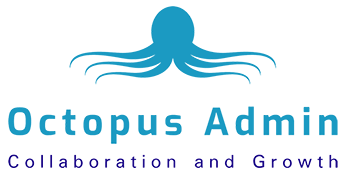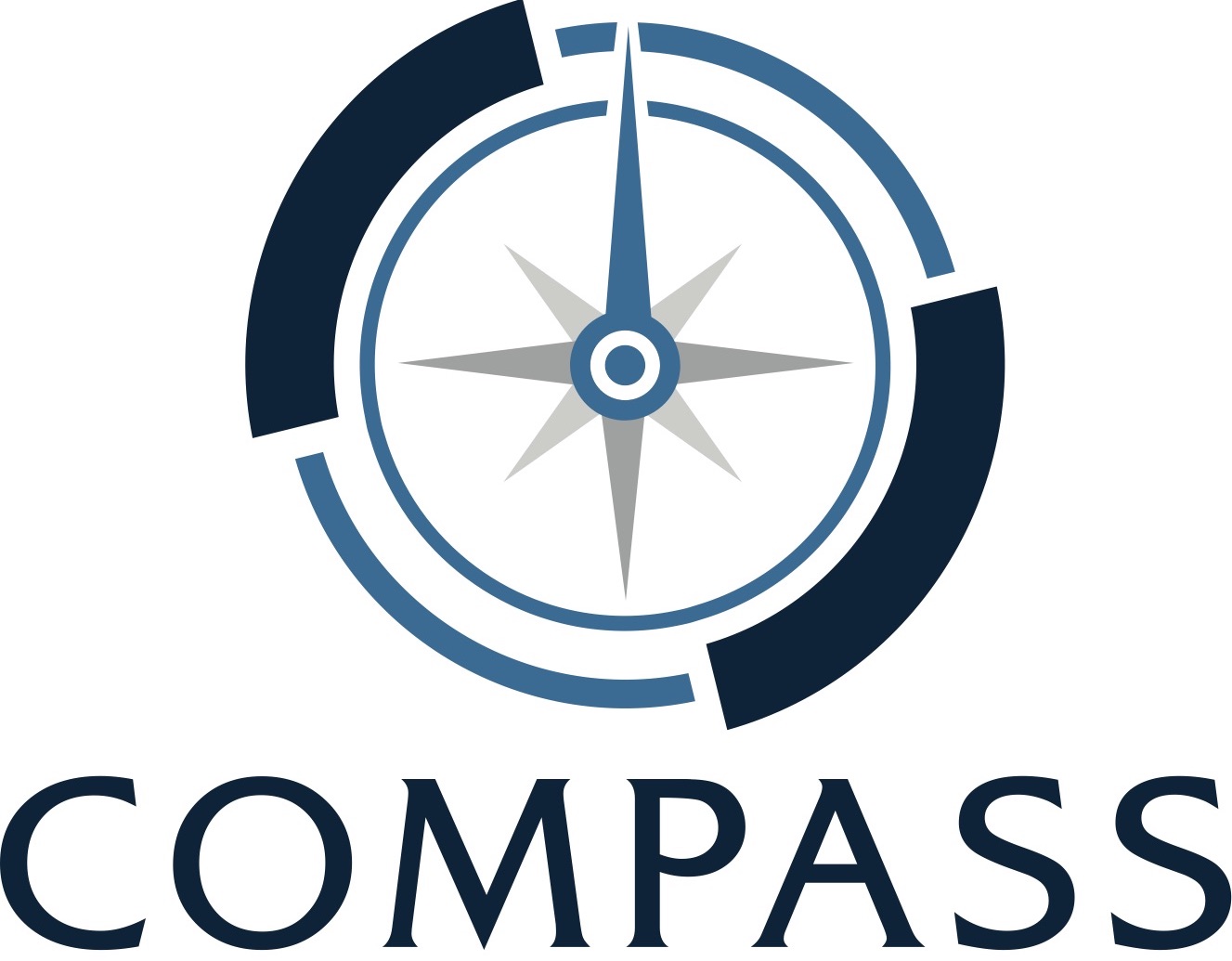This newsletter aims to create more awareness of the Virtual Assistant (VA) industry and help business owners understand how a VA can help them and their business thrive. We will be providing loads of helpful content for our audience.
Sometimes in business, it is difficult to know which direction to choose, what strategy to use and which tools are right for the job. I hope this compass helps you find your north.
Fun Facts: People & Time Management
- Only 18% of individuals have a time management system that they are committed to.
- To-do lists are only used by 33% of individuals to manage their time and their tasks.
- In 2020, remote workers scored 75 in the Workforce Happiness Index. (Source: CNBC)
- 49% of people have never carried out a time audit.
Today’s Topic – Decision Fatigue
End-of-the-day deadline, four new items on your to-do list, an urgent email that needs your attention at 4pm. Sound familiar? Losing focus and thinking, “OMG, I need an instant energy fix”.
You planned for an afternoon gym session. Great! But come afternoon, you are contemplating either getting ready for the gym and deciding what to do in the gym today (cardio, weight training, kickboxing etc.) OR skip the gym and go to your favourite café for a coffee and your favourite treat.
If you can relate to the above scenarios, you have just experienced decision fatigue. Today, decision fatigue is a hot topic in the business world as it impacts everything from recruiting to project management and even unhealthy food choices.
If you are interested in recognising what decision fatigue looks like and improving your decision-making skills, please grab your drink and read on.
Social psychologist Roy F. Baumeister invented the term decision fatigue, which according to him, is “emotional and mental strain resulting from a burden of choices or decision making”.
Tonya Hansel, PhD, Director of the Doctorate of Social Work, Tulane University, says, “When humans are overstressed, we become hasty or shut down altogether, and that stress plays a huge role in our behaviours”.
According to Tonya, this fatigue leads to either risky decision-making or decision avoidance. To put it in another way – when you are mentally exhausted, you are less likely to disregard your basic desires and more likely to choose the easiest way out.
Now that we have an idea of what decision fatigue is in general, let’s look at what it looks like in your workplace and your personal life and how it impacts them both.
Decision fatigue is mental tiredness caused by the number of daily decisions a person must make, resulting in difficulty making (good) decisions.
This may make sense if you make important decisions regarding the company’s strategy (best marketing plan, diversification, or takeover of another business) or life-altering prospects (taking a new job or starting your own business etc.). The human brain gets caught up in decision-making about everything daily – what to eat for lunch? What to wear to work today? The best route to get to a meeting, and so on.
These unimportant daily decisions along with the more critical choices we make daily trigger stress and emotional exhaustion, leading to poor decisions or choices. You read it right; decision fatigue does not stop you from making decisions but can trigger you to make bad decisions.
Some of the results of Decision Fatigue are –
- Impulse purchases
- Procrastination
- Saying “NO” – lost opportunities
- Stress
Now, let’s have a look at the symptoms of Decision Fatigue.
- Lack of willpower
- Anxiety and stress
- Brain fog
- Decision paralysis
The good news is that we can enhance our decision-making skills (some tips mentioned below) and avoid Decision Fatigue.
- Be informed of our opinion and biases.
- Learn from the past – excellent or flawed decision-making.
- Involve your colleagues, friends or family members and get their input/perspective.
- Avoid hasty decision-making or procrastinating.
- That “gut feeling” is a good indicator of your decisions, and be aware of when you can change your mind.
- Don’t stress about small things.
- Get plenty of rest. Self-care is important.
- Set yourself up to make less decisions each day. Barack Obama has been quoted saying “You’ll see I wear only grey or blue suits. I’m trying to pare down decisions. I don’t want to make decisions about what I’m eating or wearing. Because I have too many other decisions to make.” Can you do something similar and make less decisions about what to wear and what to eat?
Last but not least, delegate what you can, at home and at the workplace. Give yourself space to make more important decisions while others take care of more day-to-day decision-making. That is where VAs can help.
If you need someone in your corner to support you while you grow your business, get in touch. I’m sure we can help.

